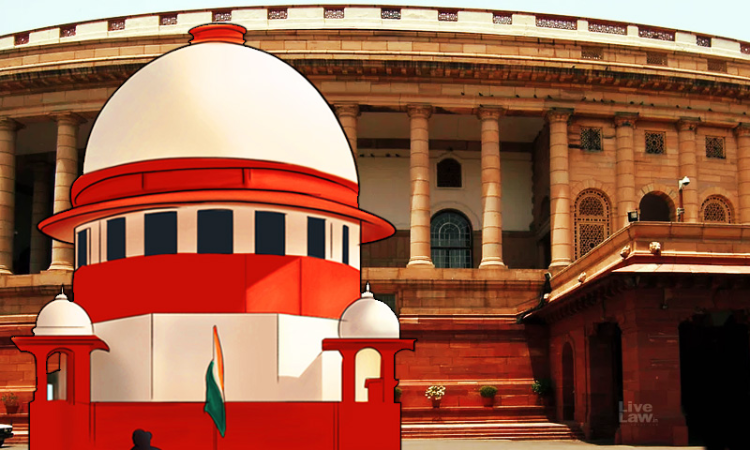'Malice' Is Not A Ground To Challenge A Law Made By Legislature : Supreme Court
LIVELAW NEWS NETWORK
19 Jan 2021 5:46 PM IST

Next Story
19 Jan 2021 5:46 PM IST
The Supreme Court has observed that 'malice' is not a ground to challenge a law made by legislature.The bench comprising Justices RF Nariman, Navin Sinha and KM Joseph observed in its judgment upholding the constitutional validity of Sections 3, 4 and 10 of the Insolvency and Bankruptcy Code (Amendment) Act 2020. The court was addressing the contention of the petitioners that the amendment...
